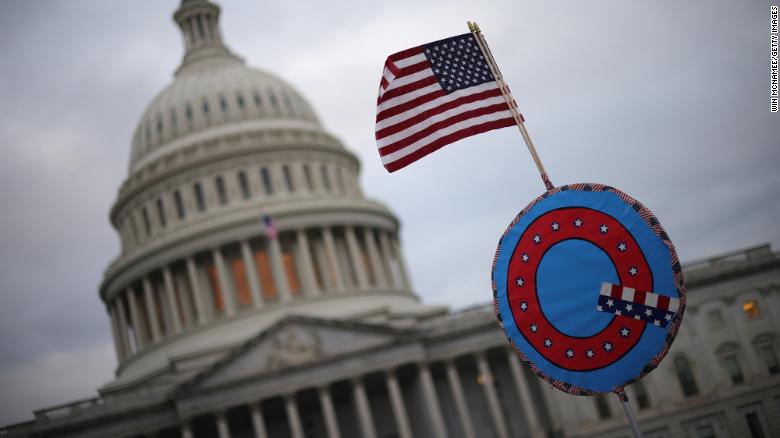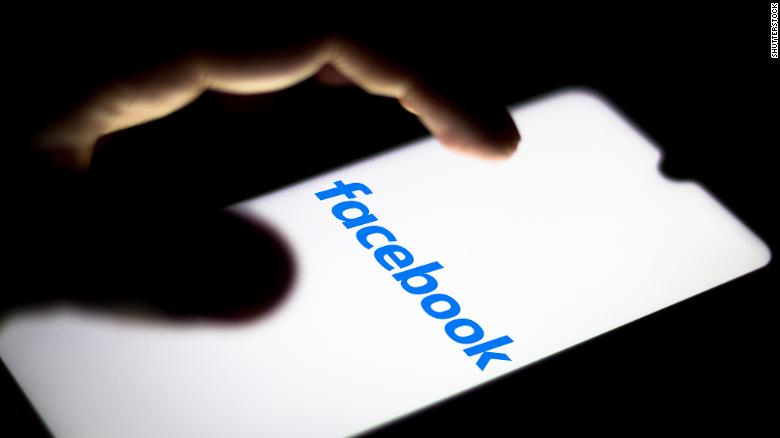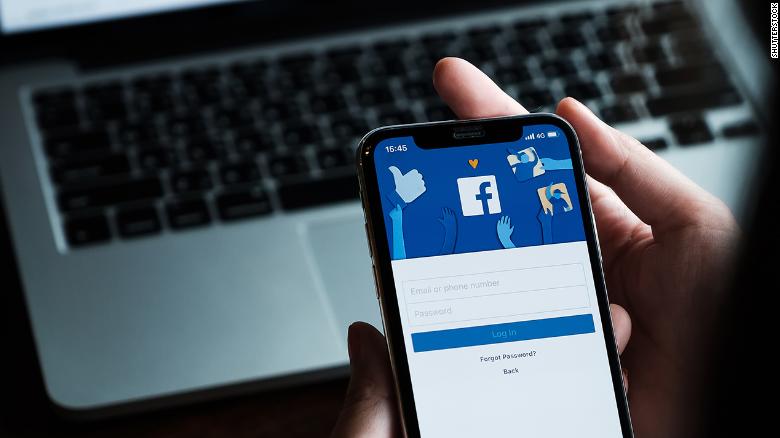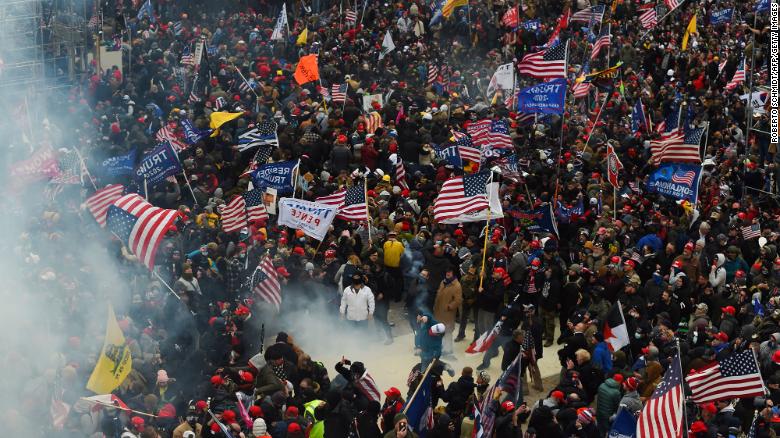We created Misinformation Watch to provide CNN readers a destination for misinformation-related U.S. election coverage. With the election process having come to a close, this is our last post on Misinformation Watch. It is far from the end of our coverage of misinformation, though.
In the few short months of this project’s operation, a conspiracy theory took root within misinformation communities that had long thrived online. Former U.S. President Donald Trump did not lose the election, the theory falsely posited — it was stolen.
The theory moved through well trod channels of misinformation -- QAnon groups, conspiratorial hashtags, fringe YouTube personalities, the former President’s social media accounts -- growing more complex as it spread. Eventually, the theory was so varied and multi-pronged that it was all but impossible to disprove to those who subscribed to it. It spilled out into the physical world and, eventually, its adherents spilled blood.
We watched, in real time, both the birth and the ultimate destructive power of that false reality. It was the perfect storm of misinformation, and it was another warning.
Misinformation is not simply the result of conspiratorial internet posters or grifters sowing fear to make a buck. Though it thrives under tech giants’ uneven content moderation policies, it will not be stamped out solely by more robust self-policing by these platforms.
Misinformation’s impact has as much to do with the ways in which we are served online content as the content itself. It is a consequence of how social media and internet companies are built and how they profit. A company that can both collect an unfathomable amount of information about a person – where they live, who they love, if they are happy, if they have a job, what secret questions they ask, if they might be interested in buying a bulletproof vest – is able to target content and advertisements at them precisely.
When that company’s ultimate goal is simply to keep that person scrolling, to keep them returning to the platform, then the alternative realities we have seen emerge are inevitable.
In the wake of the Capitol insurrection, panicked tech titans took broad action against purveyors of lies and conspiracy, ousting tens of thousands of accounts, including ones belonging to then-President Donald Trump. It was a moment of real change.
Misinformation and conspiracy communities that were pushed out of mainstream homes like Facebook and Twitter found safe haven on Parler, which was, in turn, pushed off its web hosting service.
“Stop the Steal” conspiracy theorists, QAnon believers, and other fringe communities scattered and splintered as they sought new homes online. The impact of this exodus for the internet and the rest of the US is yet to be known.
While this project has come to an end, we’ll continue to cover both the origins and impact of misinformation. It is a topic of vital importance and we’re committed to covering it. Thanks for reading, and please keep coming back for more of our coverage of the issue — we’ve got a lot more in mind.






